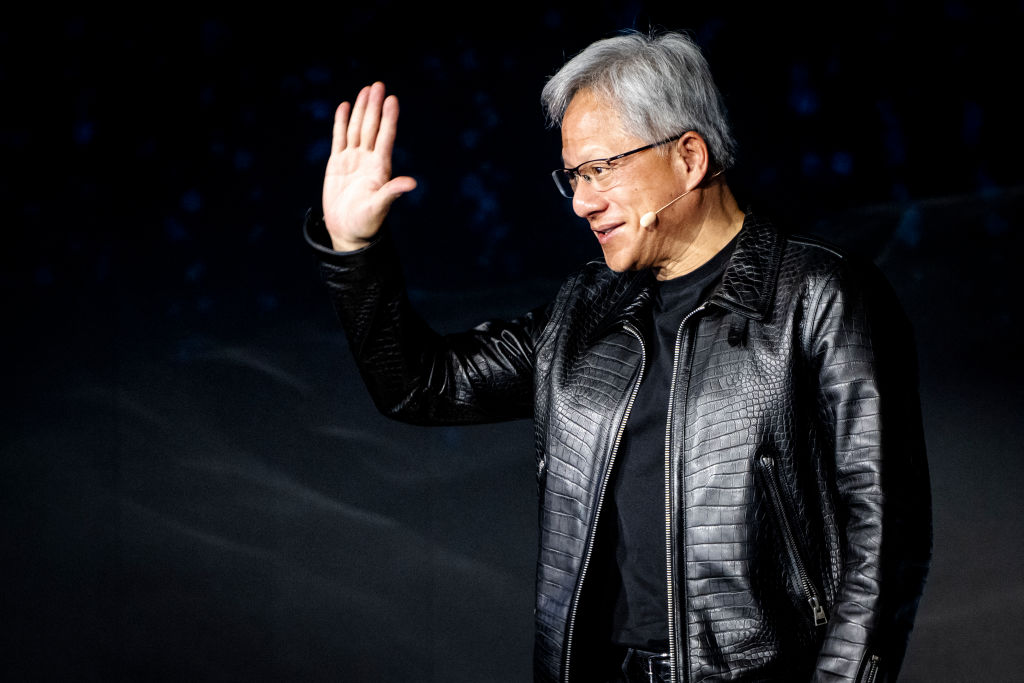
Nvidia CEO Jensen Huang requested that South Korea’s SK Hynix advance the supply of its next-generation high-bandwidth memory (HBM) chips, HBM4, by six months, according to SK Group Chairman Chey Tae-won. The memory chip maker previously announced plans to deliver HBM4 chips in the latter half of 2025, a timeline already accelerated from initial projections, as confirmed by an SK Hynix spokesperson on Monday, without providing additional details.
Huang’s urgency underscores Nvidia’s need for high-capacity, energy-efficient chips that are central to its graphics processing units, which are instrumental in developing artificial intelligence technologies. Nvidia, which dominates over 80% of the global AI chip market, relies on advancements in chip technology to maintain its edge.
SK Hynix has emerged as a leader in the high-bandwidth memory chip sector, addressing the surging demand driven by the rapid growth of AI data processing needs. However, competition is intensifying. Companies like Samsung Electronics and Micron are ramping up their efforts. Samsung recently revealed progress in securing a supply deal for HBM3E chips with a significant but unnamed customer and noted ongoing discussions with major partners to deliver improved HBM3E products by the first half of the following year. It also aims to produce HBM4 chips in the second half of next year.
SK Hynix announced plans to supply its 12-layer HBM3E chips to an unidentified client within the year, with CEO Kwak Noh-Jung sharing at the SK AI SUMMIT 2024 in Seoul that more advanced 16-layer HBM3E samples would be available early next year.
Market reactions reflected optimism: SK Hynix shares surged 5.1%, Samsung shares increased by 1%, and the broader market index gained 1.6%.
Featured image courtesy of Sherwood News
